I did a lot of drilling when students asked me how to get A grades in GCSE and A-Levels. But after a lot of preparation, we have created this guide that will help you get the best grades. Finally, here is the guide that will let you learn how to get A grades in GCSE and A-Levels. I have over 7 years of teaching experience and this guide is the one I found in my casket of student tips.
1. Organization
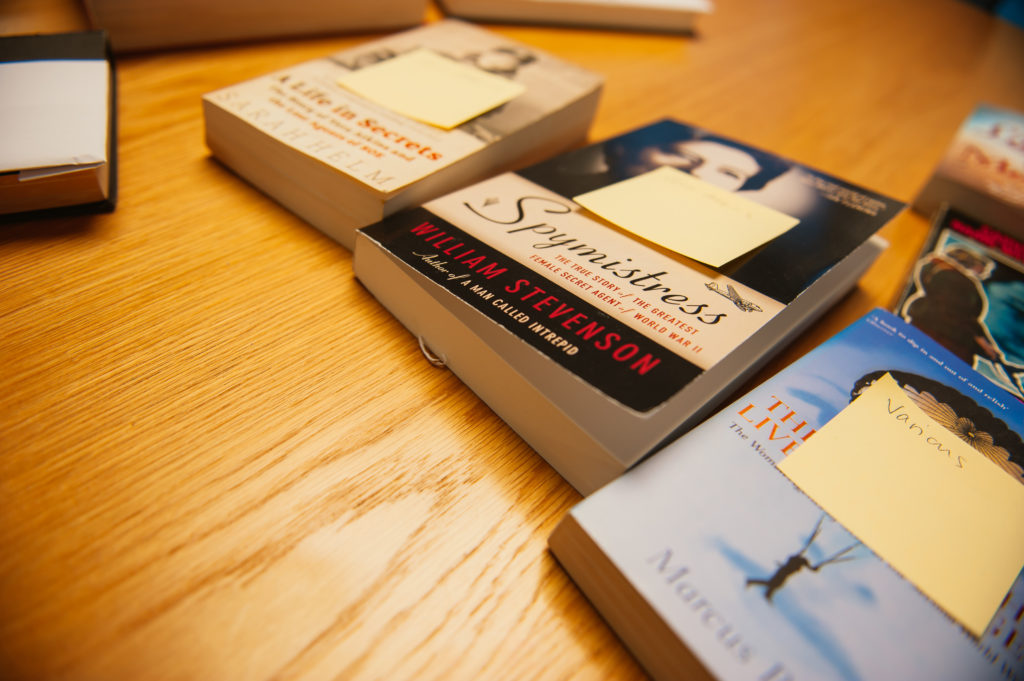
Organize your work space. Your environment must satisfy your comfort. There should be no distractions around you. Keep your environment clean and managed, so you can easily find notes, textbooks and accessories. You can have a quiet background or play good music can help some. Take the time to make decisions that could be better for you. You need to take some steps to organize your work space. This is the first step in getting A grades in GCSE and A-Levels.
2. Interval During Study Hours

There is always a need to relax the mind from work. Drink some juice, eat fruit while you take a break from the studio. This will surely refresh you to face the next challenge. The performance of our mind decreases as the hours go by, this is the best idea to keep it running. Also, you can remember what you studied in the last hour while taking the break. There are benefits to taking a break between the study.
3. Habit of Studying
Get in the habit of sitting down, it doesn’t take you long if you practice. What the students do is not to sit for long hours, therefore, they lack concentration. Get in the habit of being in front of your books for a long time. This will give you time for better concentration for long periods. This way you can acquire multiple things at once.
4. Choose your Study Time

There are many visions on the best study time. But there is no better time to start. If you feel you can concentrate better in the morning, when you are full of energy and a fresh mind, you can start from there. If you think you can sit longer during the day, you can choose the day. Everyone has their own comfort zone. So think about what’s best for you.
5. Use Mind Maps to Connect Ideas

If you find it difficult to remember tons of new study notes, mind maps can be the key to improving your memory. The theory behind mind mapping explains that creating associations by linking ideas helps to memorize information more easily and quickly.
6. Avoid Electronic Devices
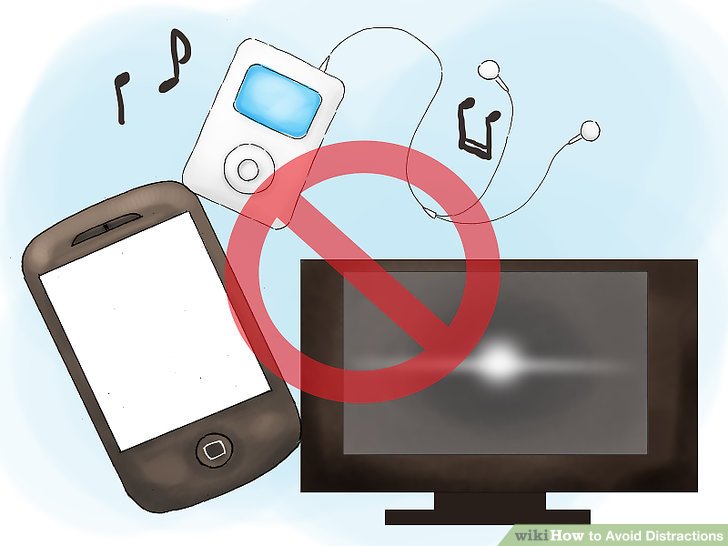
Never put electronic gadgets around you while you study. This could be the biggest distraction for you. Keep them away if it is not necessary until you have finished with your specific job. Mobile phones and social networks attract your attention at all times. Keeping them away will help you concentrate better. You can also review those lines and jokes later. Try to use all conventional study methods, the research shows that we work well when we read a book or a notebook instead of electronic books and text documents.
7. Practice, Practice, Practice
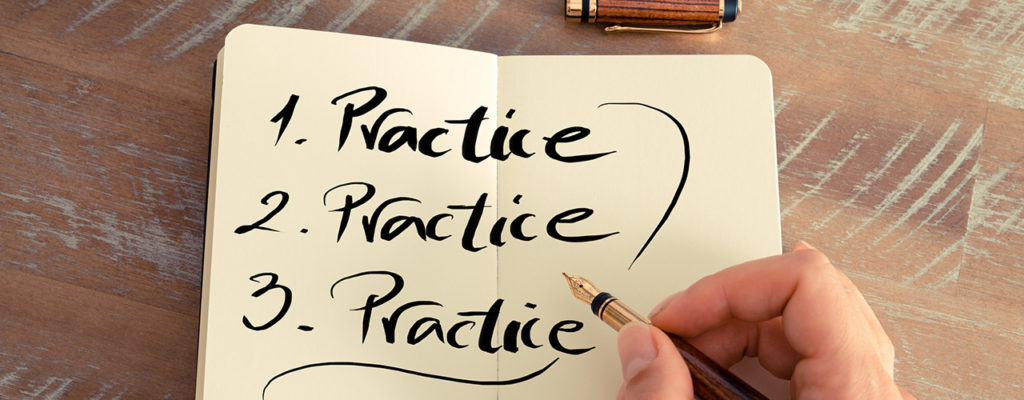
One of the greatest recommendations recommended by previous GCSE students is to make as many previous GCSE documents as possible. Practicing past documents will help you become familiar with the exam format, question style, time pressure and, in general, improve your ability to retrieve information more quickly.
8. Motivation
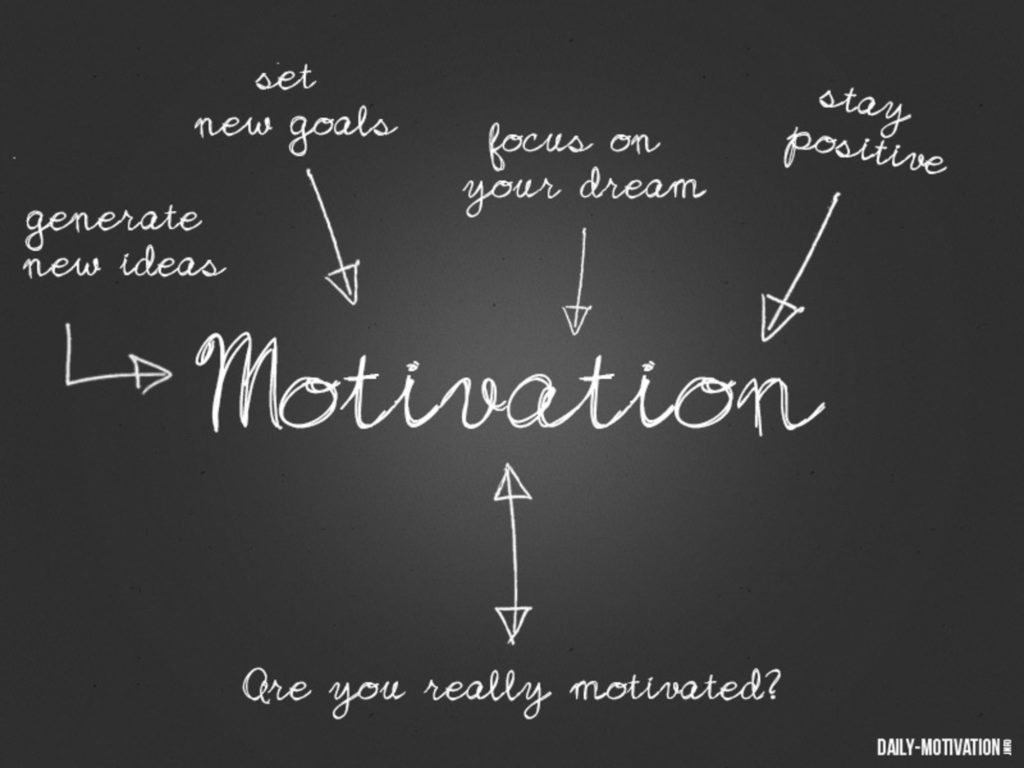
There comes a time when we do not want to study. We know we have to do the job, but we find ourselves discouraged.
It happens with every person, but you can deal with it using the resources that surround us. Motivation can be found everywhere, but if you don’t, relax. Watch some motivational videos, read some biographies of great people. This can keep your heart with your head.
9. Diet and Exercise

To keep working we need a healthy mind and we need a healthy body. Do a routine for a light daily exercise, take the right foods for your body. This will help you build yourself better every day. You will feel full of energy all day long. Avoid unnecessary sleep and keep your body free from disease. Avoiding junk food also helps you study better. How diet and exercise can change students’ lives.
10. Daily Study

Study every day to stay in the flow. Don’t give the studio two days off. Good study habits require good discipline. To keep your mind in the best way, do a daily routine.
Start your study with the most important topic or topic. A fresh mind has good skills to solve problems.
You can also switch between topics when you feel bored. It’s better to know what your favorite subject is, choose what to study in the cool morning and what at the end of the day. Know the benefits of daily study.
11. Objectives of the Study

Be determined at your job, set your goals. Have a competition with yourself The dedication to your work must be 100%. Setting short and long term goals will help you achieve success. Set goals and find the best way to get there. Find out why students need to set study goals.
12. Group Study

For some individual groups the study may work better. They may find themselves working better while studying in groups. You can find the help of all your friends on the road. This could be the best thing that can happen to you while you study. If you have friends around you, you have many minds to solve a problem. You can feel more enthusiastic and energetic when you work together.
If you have good friends, you will never be disappointed, they will take you with them. You may not feel bored while you study. Sharing things could also help you get better results.
13. Review Previous Exams

If you have good friends, you will never be disappointed, they will take you with them. You may not feel bored whilIt is a requirement! You need to know the exam format before you realize it, so that certain questions don’t surprise you. Mark the previous documents and review each question so you understand what you did wrong. Ask the questions of the subjects with whom you have had problems in the previous documents.e you study. Sharing things could also help you get better results.
Suggestions to follow on exam day and get A grades in GCSE and A-Levels
Exam preparation begins long before the exam day. The first day you met your exam started. All the hard work is summarized on the day of the exam. There is no panacea for the day of the exam or no miracle will occur before the exam. It’s your performance that will work. Therefore, some things should be handled well on the day of the exam so that it can work at the best level:
1. Important Things

In advance, you need to organize the things necessary for your exam, such as the exam ticket. You should keep those things one night before the exam. Your pen, pencil and little favorite things are all that needs to be solved. Don’t forget any of these items at home.
2. Beginning Of The Exam Day

Get up early in the morning. Start your day with a little yoga or meditation. It will only take 15 minutes, but it will integrate all your energy. You will be in a good position to take the exam.
3. Food

Muesli with berries and milk
A sack or heavy food is not good before the exam. Eat a good and healthy breakfast. This will help you concentrate better and make you relax.
4. Checklist
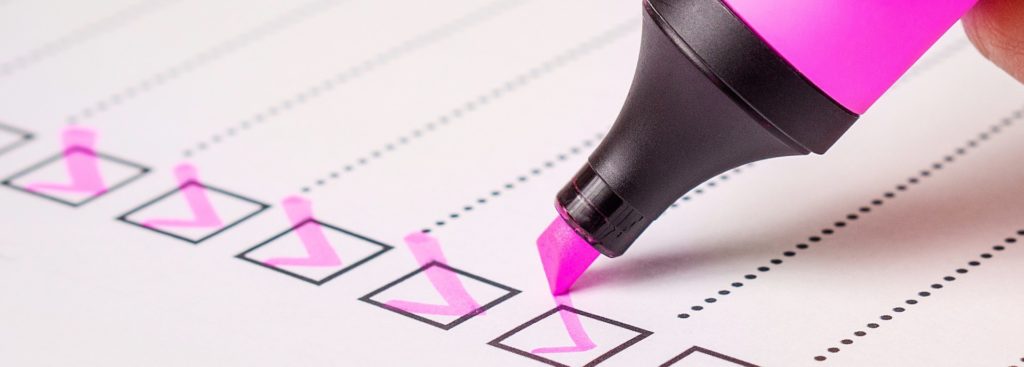
Again check the necessary things that are needed. Check the exam time, the exam location. Make sure you leave with a lot of time in hand. You can face unexpected conditions everywhere, make sure you have enough time to get through.
5. Wardrobe Malfunctions

Avoid wearing new clothes on the day of the exam. You should be comfortable while writing your exam. Take a look at your wardrobe to see the best pair of clothes. We should wear what we feel comfortable with. It will avoid distractions in the exam. Your main goal will be your role, not the new jeans you just bought and that don’t fit your waistline.
6. Sleep

Sleep well the night before the exam. Avoid studying the night before the exam, this will not help you right now. It can only leave you stressed. Stress can make your performance worse, so avoid it as much as possible. A total of 8 hours of sleep will keep stress away. Also, don’t overeat or consume alcohol at night.
Examination technique for grades A in GCSE and A-Levels
So the day has come now, you are all prepared for. Your hard work, dedication, determination will be counted only if you perform well here in the exam. There are a little things to be kept in mind while writing exam:
1. Relax and Focus

Leave your books half an hour before entering the exam room. Relax your mind leaving all worries behind, focus only on what is coming. There are some students who can cause stress by telling you something unexpected just before the exam. Avoid talking to someone after entering the exam room. Keep calm and think about the strategies you’ve done for the day.
2. Writing the Exam
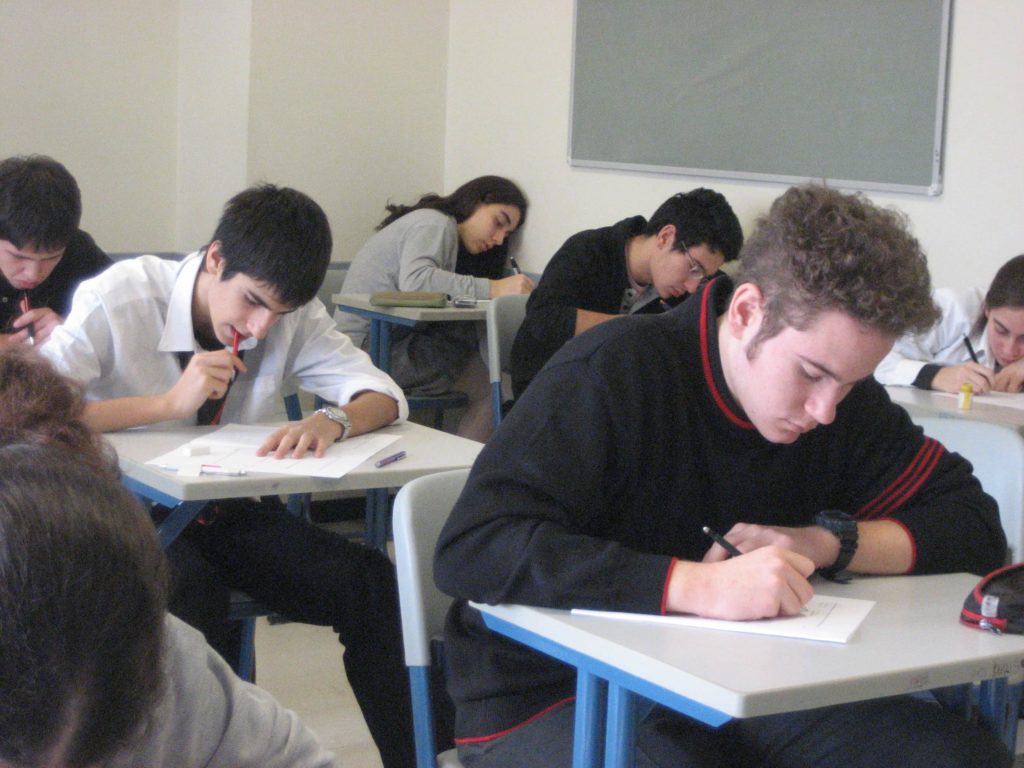
There is no such great strategy for writing your exam. First, read all the questions in the question document and you will know which answer is best known. You have to start with the best answer you can write at best. Spend some time in the first answer so that the first impression is the best. When you have a first explanatory answer, your confidence will gradually increase with each sentence and believe me this is the best thing that can happen to you during the exam.
3. Completing the Exam

The focus should be on quality responses, not just on finishing the exam. Do not enter the last frenzy of the last few minutes, keep calm and keep trying to find the best answers. Your words may not be counted, the quality of the words will be. Practice writing quickly and clearly, try to manage time so you can review your answers. There are chances of spelling mistakes and some contexts that you would like to add are missing. Don’t be in a hurry to get out of the exam room.
Submit your answer booklet and I think you don’t regret anything. Go and have fun before you start preparing for your next exam. preparing for your next exam.
Key Points
- Take notes
- Make sure you understand not only remember things
- Don’t forget to make a program, because without it, you won’t do your job on time.
- Go according to the curriculum.
- Pay attention to what your teacher teaches.
- Health is wealth
- Practice a lot
- Revise/Review Previous exams
I’m sure you must have found how to get an A grade in GCSE and A-Levels. Now you can start preparing for exams as soon as possible.
I wish the students of Good Luck … Get the A grades in GCSE and A-Levels.

